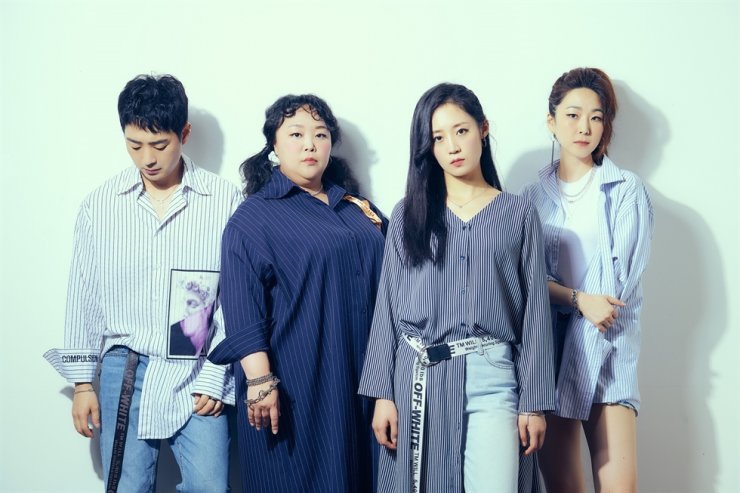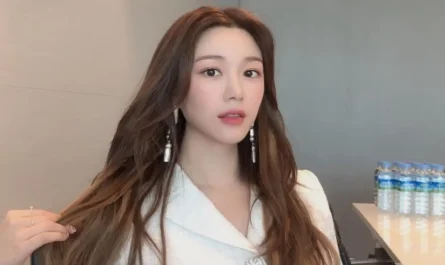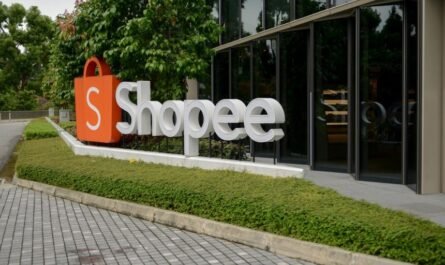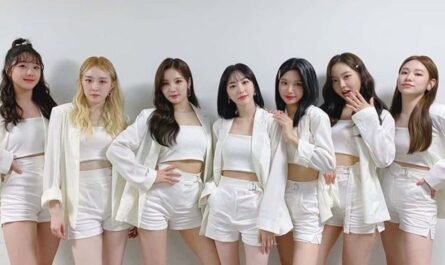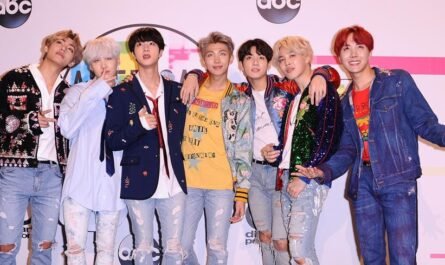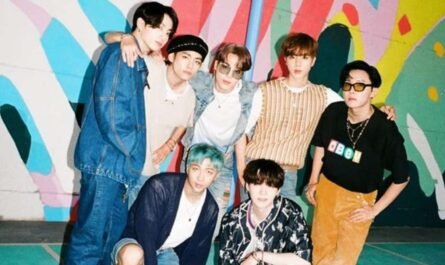“LOVEⅡ LIEBEⅡ,” a new play by the National Theater Company of Korea (NTCK), is a rare piece for the ensemble, known for presenting severe social issues through its spaces, as it focuses on the Korean entertainment industry.
The work’s title ― which the NTCK interprets as meaning “a sequel to love” ― was written by Korean-German playwright and director Park Bonn who has won numerous awards, including the Essener Autorentage Youth Jury Prize and the Stuckemarkt at the Berliner Theatertreffen. As an insider and outsider himself, he tries to depict Korean society, which seeks perfection through the lens of the entertainment industry, represented mainly by K-pop and K-drama and looks for the meaning of love through the process.
Audience discretion is advised as the play addresses the topic of suicide, including some scenes which describe the suicides of the deceased characters now in the afterlife, which could trigger suicidal thoughts in some viewers.
“During our research, we got to know how the Korean entertainment industry, especially K-pop, actually works. The news about young people, who have to dance and sing 15 to 16 hours a day where originality plays a minor role but the performances need to be perfect ― even though everybody knows there is no such thing as perfect ― was a quintessential idea of Korean society. This was a perfect key to get to the point that is more general and tries to get into the Korean soul,” Park, the playwright, and director of the play, said during a roundtable interview held at the theater in Seoul on June 24.
“The idea was basically to find love, a better version of love, that doesn’t hurt and make you cry, through the entertainment industry (which trains performers to be perfect). Maybe this perfectionism could also apply to love.”
The play uses symbolic Korean cultural sources as metaphors to illustrate the theme of the work. Space is set at the inner core of Earth, where three former idol trainees, Chungryong (Park So-Yeon), Hyunmoo (Kang Hyun-woo), and Joojack (Lee Yoo-jin), who committed suicide after failing to survive K-pop idol training programs and become stars, reside and foster Imoogi (Kim Ye-rim), an imaginary snake-like creature of Korean folk tales which was unable to become a dragon so that she could become a K-pop idol in the earthly world.
They form a K-pop group, “Super Han,” and sing some addictive K-popish songs composed by Ben Roessler during the show while wearing costumes similar to hanbok, traditional Korean garments.
The play may be the outcome of observing himself as a Korean needing to be perfect and effective in everything as a Korean-German born and primarily raised in Berlin by Korean parents. He was finding the correct language, and his true self may have been most influential. While having the feeling that he doesn’t belong to either of the countries, he has been developing that theme in his works.
“I see Korean habits every time I come here ― I find out about why I am the way I am. I am kind of impatient with others and myself in Germany. Still, I come here and regularly see this behavior in Korea, which is a kind of perfection leading to the very structured and effective working of everything.”
The writer chose “han,” a mixture of sorrow and rage often considered a fundamental emotion of Koreans, mainly as many Koreans embody, including himself and the feeling he has been failing to find through language while in Europe.
“I found out about this feeling called han. Everyone tried to explain to me what it is but nobody really could. But this is exactly what I’m doing in Germany ― looking for this kind of feeling and trying to explain it. The search for han is something that I am always doing.”
The play also adopted features of K-dramas which he thinks mixes various genres in one piece by making frequent transitions of performers’ emotions from romantic to comedy to thriller.
“The architecture of the play was K-drama where everything is possible all the time ― all the genre shifts. It was a rom-com, and then suddenly, people fight each other in a hateful manner. You see a thriller, horror, and romantic comedy elements. There’s something that I found interesting. For example, Crash Landing on You. It was labeled as a rom-com. But then I was so surprised by the violence, horror, and political elements.”
However, it may be hard to understand the play for some as it doesn’t give you explanations but delivers its messages via metaphors and symbolism.
“I hope Korean audience will come, have fun and understand something even if they miss some parts. It is not about getting every detail. It is more about taking a feeling home after the show that we also are looking for, which could be love too ― left behind confused but also warm-hearted.”
The play runs through July 18 at Baek Seonghui & Jang Minho Theater of the National Theater Company of Korea. The performance is in Korean.

